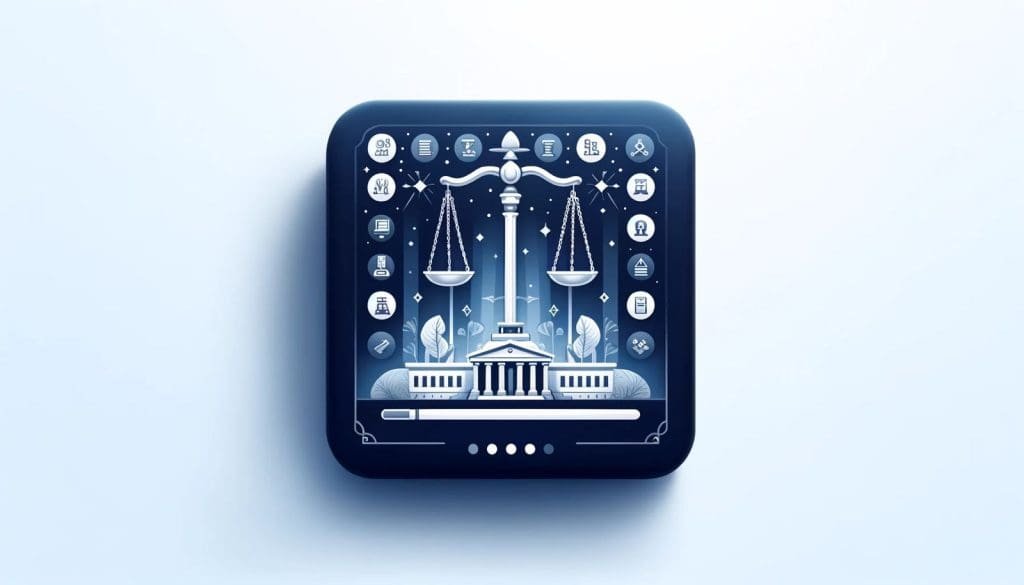
On May 20, 2024, the Supreme Court of India took a pivotal step by reserving its verdict on the plea submitted by Delhi Chief Minister Arvind Kejriwal. Kejriwal’s plea challenges his arrest by the Enforcement Directorate (ED) in connection with a significant money laundering case tied to the controversial Delhi liquor policy. This case has not only drawn intense public and media scrutiny but also carries substantial political implications.
The Controversy Explained
The Delhi liquor policy case, marred by allegations of corruption, has become a lightning rod for political debate. The accusations suggest that the policy was manipulated to benefit select private entities in exchange for kickbacks. Arvind Kejriwal’s arrest by the ED brought these allegations to the forefront, raising questions about the intersection of politics and law enforcement.
The Legal Battle
In response to his arrest, Kejriwal’s legal team argued that the charges were baseless and politically motivated. They contended that the ED’s actions were an abuse of power aimed at undermining political opponents. The plea also requested interim bail, emphasizing Kejriwal’s critical role in governance and public service.
The Supreme Court’s two-judge bench, after thorough deliberation, reserved its judgment. The bench carefully reviewed the evidence presented and the legal principles governing money laundering investigations. By allowing Kejriwal the option to seek regular bail from the trial court, the Supreme Court underscored the importance of judicial protocol and the role of lower courts in adjudicating bail matters.
Political and Judicial Impact
The implications of this case are far-reaching. Politically, it involves a high-profile leader who has been vocal against the central government, making the court’s decision a potential turning point in Delhi’s political landscape. Legally, the case highlights the judiciary’s duty to balance robust investigations with safeguarding individual rights against possible abuses of investigative power.
Broader Consequences
The Supreme Court’s handling of this case may set a significant precedent for future legal battles involving prominent political figures and corruption allegations. It illustrates the judiciary’s crucial role in ensuring that investigations are fair and that justice is administered without bias.
As the nation awaits the final verdict, the outcome of this case will likely influence not only the ongoing Delhi liquor policy investigation but also future cases of a similar nature. The judiciary’s approach in this instance is a testament to its commitment to uphold the rule of law and protect democratic principles.
Conclusion
The reserved verdict by the Supreme Court on Arvind Kejriwal’s plea marks a critical juncture in the Delhi liquor policy case. As the legal community and the public eagerly await the court’s decision, this case serves as a profound example of the complexities involved in balancing legal, political, and ethical considerations in high-stakes corruption cases.